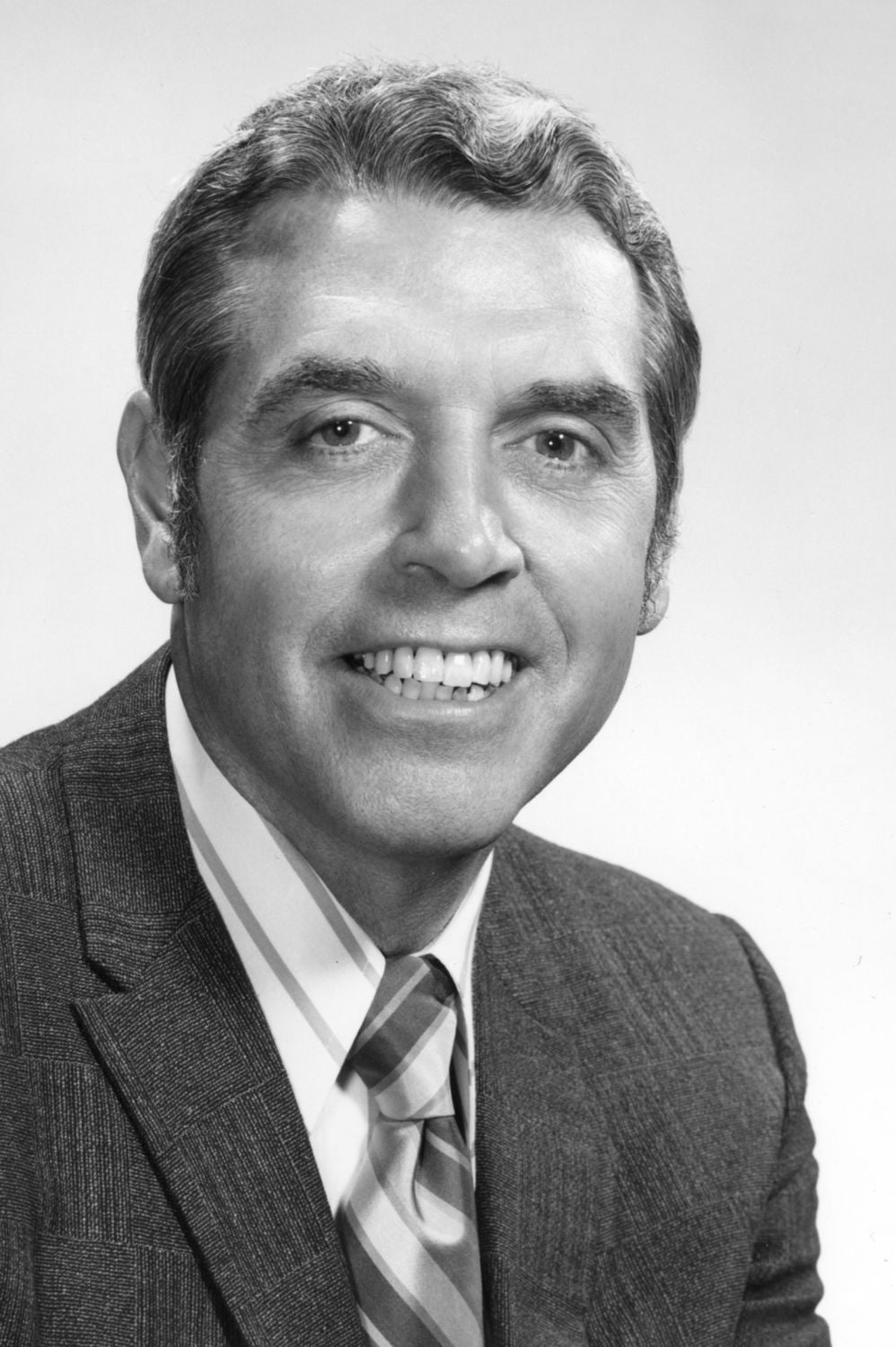 My late father had extensive experience in providing and administering medical care in the Veterans Administration system, which he used to characterize as a good example of an unnecessary governmental program that perpetuated itself because of the vested interests of those who administer and profit from the system. “It’s a reasonably competent system for dispensing penicillen,” he once observed to me. “But you wouldn’t want to have gall bladder surgery over there.”
My late father had extensive experience in providing and administering medical care in the Veterans Administration system, which he used to characterize as a good example of an unnecessary governmental program that perpetuated itself because of the vested interests of those who administer and profit from the system. “It’s a reasonably competent system for dispensing penicillen,” he once observed to me. “But you wouldn’t want to have gall bladder surgery over there.”
Thus, imagine my surprise a few weeks ago when NY Times columnist Paul Krugman, in his generally informative series on America’s broken health care finance system, authored this Times Select ($) column in which he touts the VA system as a model for a single-payor, government-administered health care finance system in the US:
American health care is desperately in need of reform. But what form should change take? Are there any useful examples we can turn to for guidance?
Well, I know about a health care system that has been highly successful in containing costs, yet provides excellent care. And the story of this system’s success provides a helpful corrective to anti-government ideology. For the government doesn’t just pay the bills in this system — it runs the hospitals and clinics.
No, I’m not talking about some faraway country. The system in question is our very own Veterans Health Administration, whose success story is one of the best-kept secrets in the American policy debate.
Krugman goes on to extol the virtues of the VA’s integrated system, which includes the government’s superior ability to “bargain hard with medical suppliers, and pay far less for drugs than most private insurers.”
Clear Thinkers favorite Peter Gordon sums up what my father’s opinion of Krugman’s analysis almost certainly would be:
This is very cool. I imagine that nearly everything could be obtained cheaply if only the federal government were put in charge to “bargain hard.”
Silly me. I fear that the government is an expensive middleman. I fear that it is a highly politicized middleman. And I fear that with enough hard bargaining, suppliers will leave the industry — as many have ever since Medicare and Medicaid began to “bargain hard.”
Think of the many readers of the NY Times op-ed page, many predisposed to this silliness, who get their public policy economics from Krugman.



 One of the biggest public relations blunders in Stros history was then-owner John McMullen’s decision in 1986 to fire
One of the biggest public relations blunders in Stros history was then-owner John McMullen’s decision in 1986 to fire 





